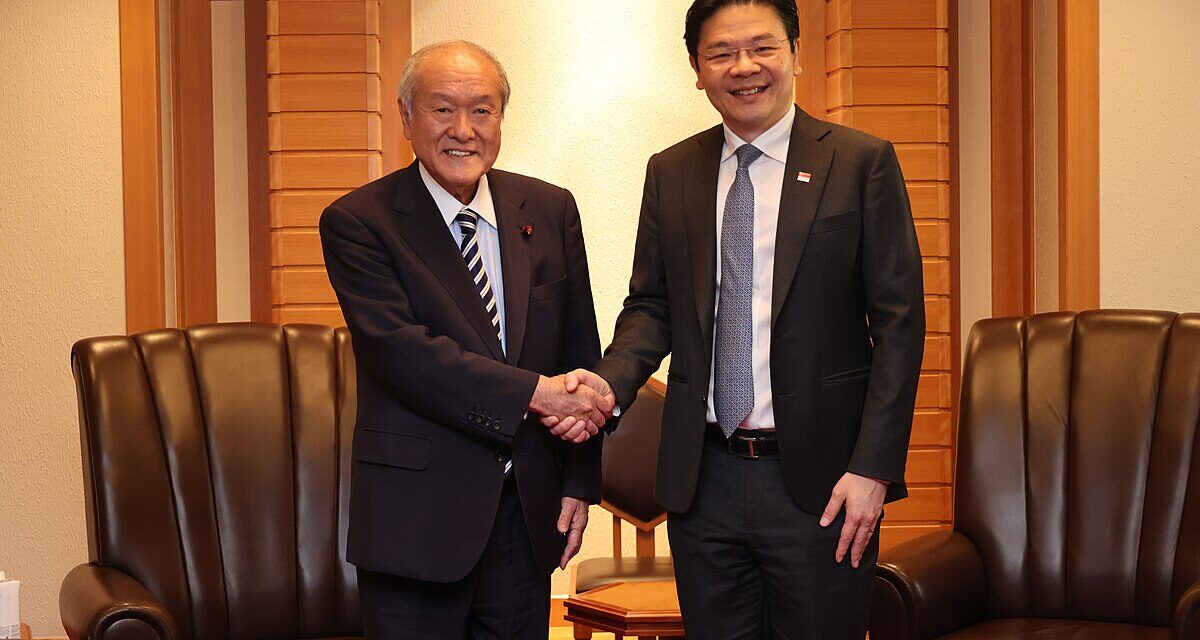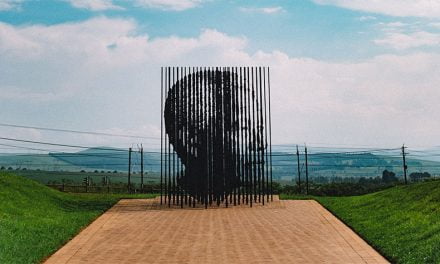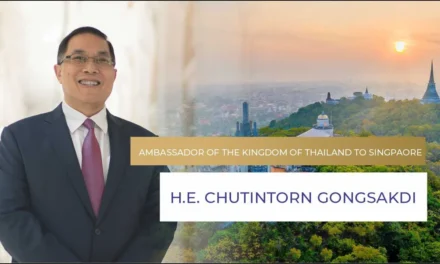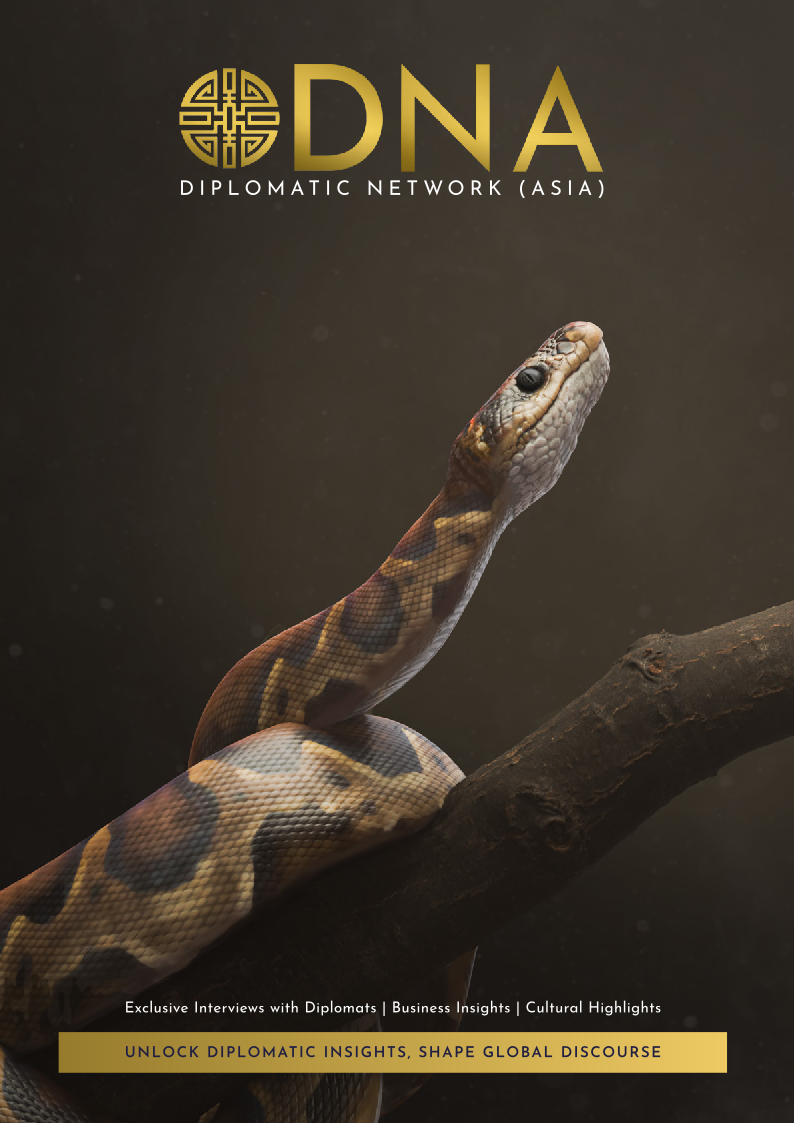Lawrence Wong was inaugurated as Singapore’s prime minister on Wednesday, marking the first change in leadership in two decades.
Wong becomes only the fourth individual to hold the position since the city-state gained independence.
The change has been anticipated for a few years, since former prime minister Lee Hsien Loong promised to step down before the age of 70. In 2020, Covid-19 threw a spanner in the works, as revealed in a letter from Loong to Singaporean President Tharman Shanmugaratnam, which saw him continue as prime minister.
Loong has handed over the helm at 72, after serving as prime minister for 20 years.
In a responding letter, President Shanmugaratnam thanked Loong for his service.
“On behalf of all Singaporeans, I thank you for your four decades of selfless service in government… You advanced a vibrant and more diversified economy. You opened new pathways of opportunity for Singaporeans, improved life for every segment of society and strengthened our social safety nets,” said President Shanmugaratnam.
“You transformed our living environment, and set us on a path towards climate sustainability. And you have earned Singapore a unique standing in the world, with a voice of reason and a principled commitment to the international rule of law and the global good.”
Prime Minister Wong and foreign policy
Prime Minister Wong was unanimously endorsed by political party People’s Action Party members of parliament in 2022.
From a diplomatic perspective, Herwen Tay, associate at public policy advisory firm Global Counsel, said that the fundamental’s of Singapore’s foreign policy is unlikely to change under PM Wong’s stewardship.
“Although Wong will take on the position of prime minister during a geopolitically complicated time, I don’t view his position as being more precarious than his predecessor,” Tay said in an interview with Diplomatic Network (Asia).
Tay said: “One critical difference is that Wong is assuming the role in an environment where the appetite for global trade has dampened, whereas when Lee took the helm 20 years ago, China had just acceded to the WTO on the back of improving US-China trade relations.
“Nonetheless, it is unlikely that there will be significant changes to the fundamental principles of Singapore’s foreign policy.”
This means that the city-state is likely to keep its friendly, trade- trade-oriented posture.
“The country will continue to foster friendly relations with its neighbors and support open trade even as external factors up the challenge. Wong’s recent comment on being neither pro-America nor pro-China, but ‘pro-Singapore’, does reflect a keen awareness that there is now reduced room to maneuver when seeking overarching neutrality,” Tay said.
Population problems
Domestically, the biggest challenge that PM Wong will face is a shrinking population.
“Managing an ageing population that is not replacing itself means a shrinking tax base that will have knock-on effects on healthcare financing, amongst other pressing societal needs. The impact of BEPS 2.0 on the attractiveness of Singapore as a global commerce hub has also yet to be determined.”
BEPS 2.0, an initiative spearheaded by the Organisation for Economic Co-operation and Development, aims to address tax avoidance strategies that multinational companies use to shift profits to low or no-tax jurisdictions, thereby eroding the tax bases of higher-tax countries.
BEPS 2.0 introduces changes to global tax rules, which could affect how attractive Singapore remains as a hub for international business. The country’s competitive edge as a global commerce hub might be challenged if new tax regulations make it less favorable for multinational companies to operate there.
“It helps that domestically he is perceived as a leader who will listen attentively and at the same time not shy away from making difficult, but pragmatic and necessary decisions,” Tay said.
“This reputation was burnished during his leadership of the Covid-19 taskforce. With an electorate that increasingly expects and demands transparency, Wong will have to walk this tightrope carefully.”
As Lawrence Wong steps into his role as Singapore’s prime minister, he faces a complex landscape marked by both domestic and international challenges.
With a strong foundation laid by his predecessors and broad support from the People’s Action Party, Wong’s leadership will be crucial in navigating the city-state through an era of demographic shifts and evolving global economic conditions.







